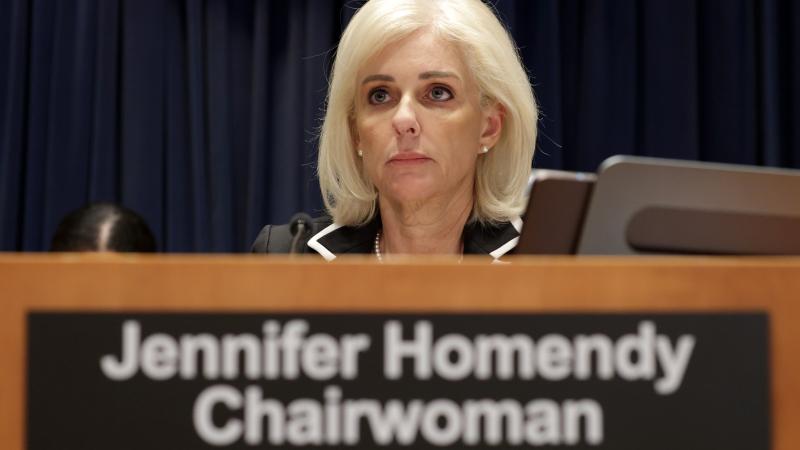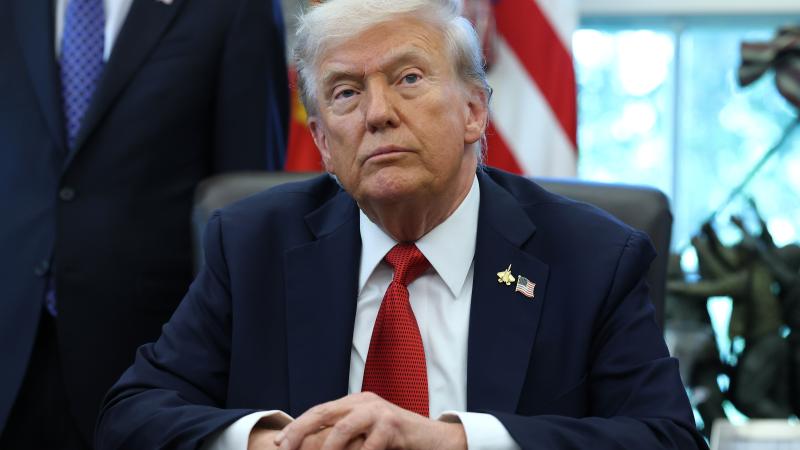Supreme Court rules on procedural grounds against Trump administration effort to end DACA
'We do not decide whether DACA or its rescission are sound policies,' wrote Chief Justice John Roberts in the majority opinion. 'We address only whether the agency complied with the procedural requirement that it provide a reasoned explanation for its action.'
The Supreme Court ruled Thursday against the Trump administration's effort to end DACA, an Obama administration effort to give legal protection to roughly 650,000 young people brought into the United States illegally by their parents.
The high court rejected the administration's argument that the 8-year-old Deferred Action for Childhood Arrivals Program is illegal and that the court has no role to play in reviewing the decision to end DACA, according to the Associated Press.
The decision was 5-4, with conservative-leaning Chief Justice John Roberts proving to be the decisive swing vote in joining the court's liberal bloc.
"Do you get the impression that the Supreme Court doesn’t like me?" Trump tweeted after the decision was announced.
The decision for now allows the illegal immigrants to keep their protections from deportation and authorization to work in the U.S.
Roberts appeared to suggest in his opinion that his decision was based upon whether the administration met a procedural requirement, not on DACA policy.
“We do not decide whether DACA or its rescission are sound policies. We address only whether the agency complied with the procedural requirement that it provide a reasoned explanation for its action. Here the agency failed to consider the conspicuous issues of whether to retain forbearance and what if anything to do about the hardship to DACA recipients,” he said.
The Department of Homeland Security can try again, he wrote. But any new order to end the program, and the legal challenge it would provoke, would take months, if not longer, immigration experts said, according to the Associated Press.
The court’s four conservative justices dissented.
Justice Clarence Thomas, in a dissent joined by Justices Samuel Alito and Neil Gorsuch, wrote that DACA was illegal from the moment it was created under the Obama administration in 2012. Thomas called the ruling “an effort to avoid a politically controversial but legally correct decision,” the wire service also reported.
Justice Brett Kavanaugh wrote in a separate dissent that he was satisfied that the administration acted appropriately in trying to end the program.















